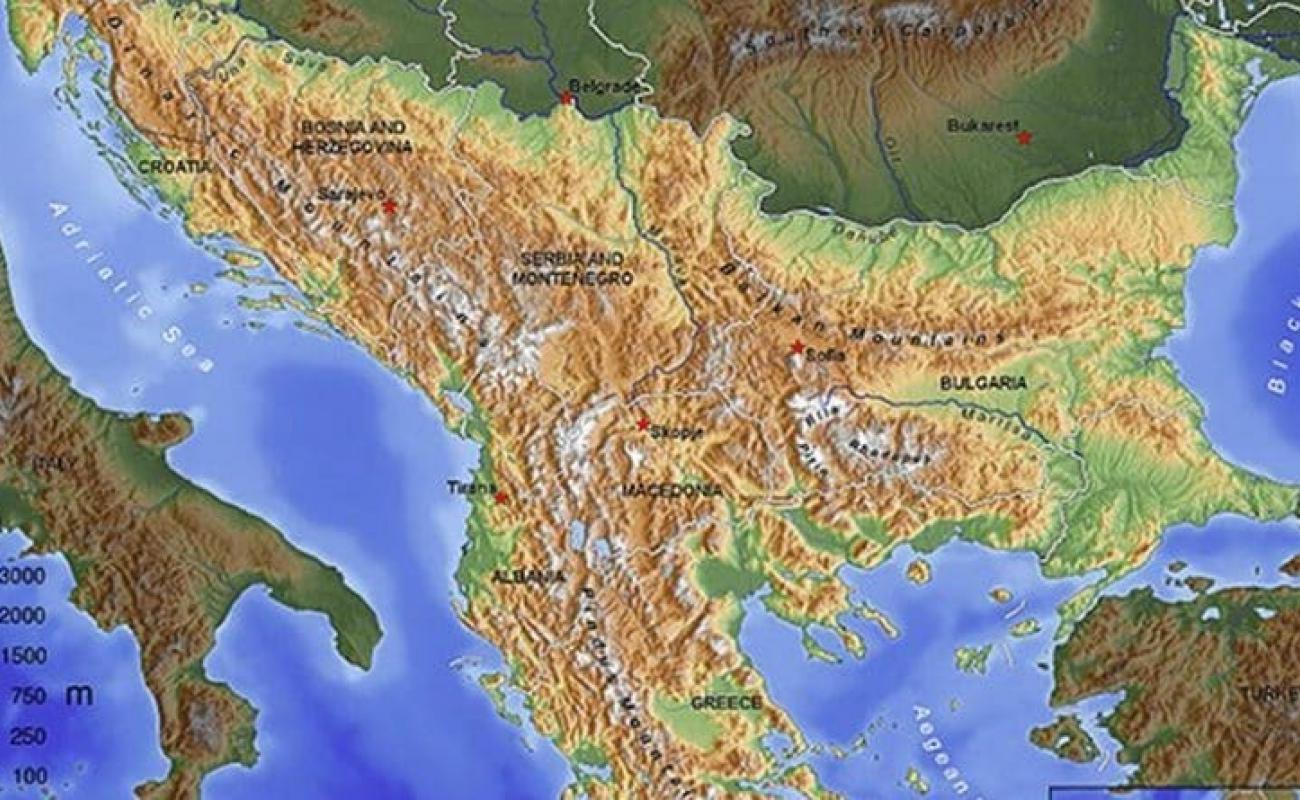The Western Balkans At A Crossroads: An Old War From In New Geopolitical Compositions – OpEd

Hybrid warfare has made the transition from being a purely theoretical concern to a multifaceted and pervasive strategy that fundamentally affects the structure of modern societies. It has transcended the boundaries of propaganda and disinformation, by transforming these tools into powerful weapons to influence democratic processes and government decision-making. In this context, the Western Balkans represents a dynamic laboratory where hybrid strategies are clearly manifested, which not only challenge the stability of the region, but also reconfigures its political and social landscape.
The phenomenon of “Srpski Svet” (Serbian World) and “Ruski Mir” (Russian World) constitute two of the most visible strategies operating in this space. Built on the goals of global multipolarization, these projects are an integral part of Russia’s Eurasian strategy, which seeks to challenge Western dominance and expand its influence in the region. Multipolarization has evolved from a simple theoretical idea into a reality characterized by concrete and interventionist actions, as illustrated by the initiatives undertaken by the BRICS countries, which clearly aim to reshape the global balance of power.
A significant example of this dynamic is the overthrow of pro-Western structures in Montenegro, a process that has been the product of direct intervention by Russia and Serbia. Following these developments, the next strategy seems to be to create a legal framework that would allow Serbian citizens of Montenegro to automatically obtain Serbian citizenship. This move follows a broader narrative of demographic and political influence, supported by recent census data. Its results show an increase in the number of citizens who identify as Serbs, thus creating a demographic base that favors the strategic ambitions of Belgrade and Moscow.
This combination of covert influence, manipulated demography, and political interference poses a serious challenge not only to the countries of the region, but also to the broader Euro-Atlantic security architecture. In this context, hybrid warfare in the Western Balkans presents itself as a clear model of complex hybrid strategies, which require in-depth analysis and a coordinated response from international actors.
Dual citizenship law in Montenegro: a tactic to expand the “Serbian world”
In May 2024, the Institute for Hybrid Warfare Studies “OCTOPUS” published a scientific study that analyzes the geopolitical strategy of Russia and Serbia comparing to Montenegro, focusing on hybrid warfare as a means to influence the country’s demographics and political structure. This study sheds light on how Russia and Serbia are using ethnic engineering and political influence to strengthen Serbian identity and consolidate the concept of the “Serbian world”. One of the main tools of this strategy is the demand of dual citizenship for Serbian citizens of Montenegro.
Currently, Montenegro has a strict stance on dual citizenship. According to the current legislation, a foreign citizen seeking Montenegrin citizenship must surrender his previous citizenship. This legal provision constitutes an obstacle to the implementation of proposals by pro-Serbian and pro-Russian parties, which demand that Montenegrin citizens of Serbian origin have the right to have dual citizenship, including that of Serbia.
These efforts resulted as part of a broader strategy to change the demographic and political balance in Montenegro, significantly strengthening ties between the Serbian community and Serbia. This scenario creates a favorable basis for political manipulation and increasing Belgrade’s influence in Montenegro.
Demographic statistics show profound changes in the ethnic composition of Montenegro over the past decades. In the last census, 41.12% of the population declared themselves Montenegrins, while 33
